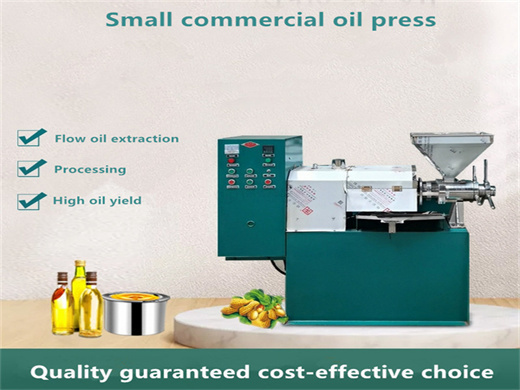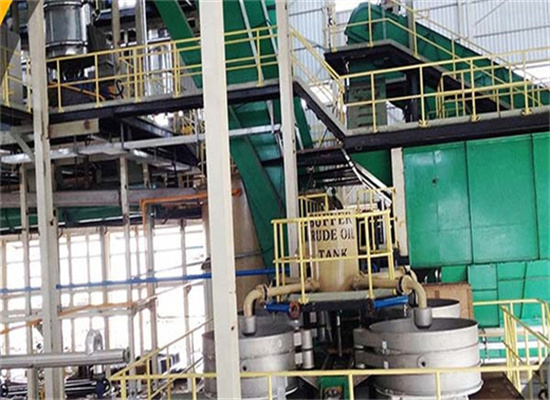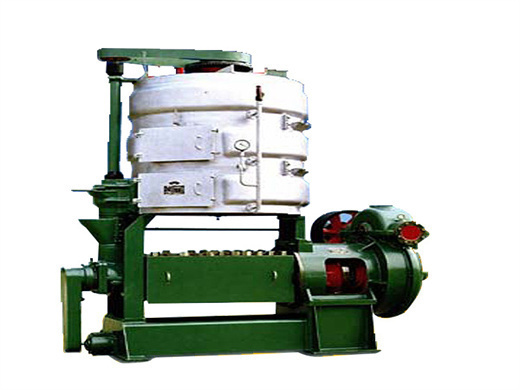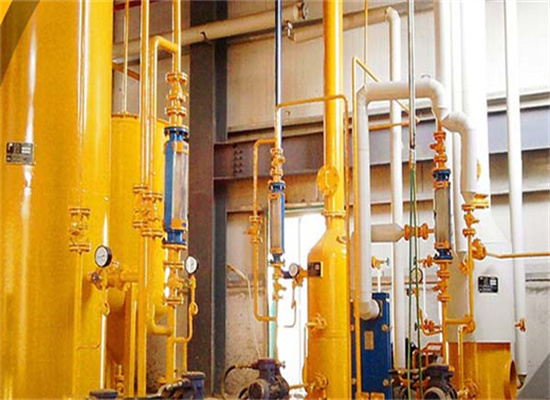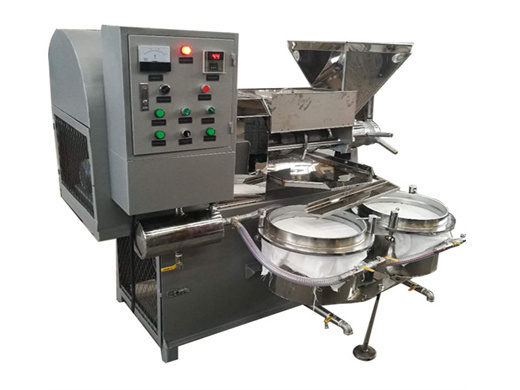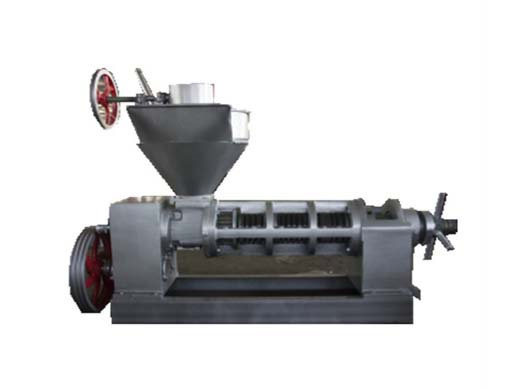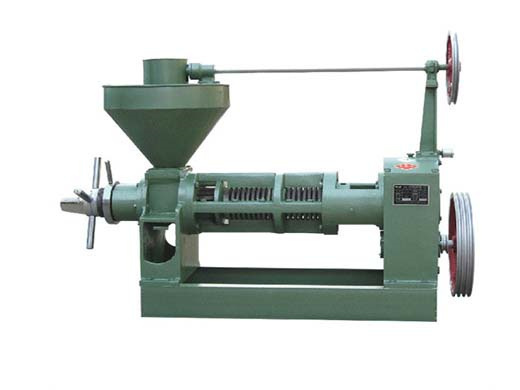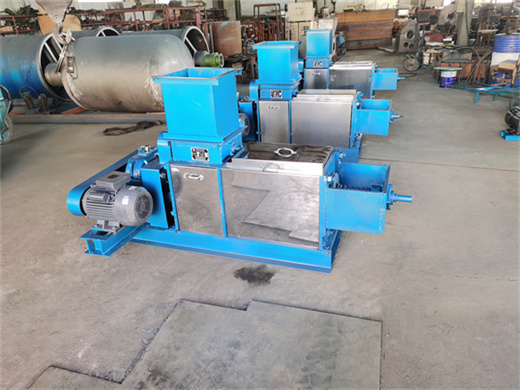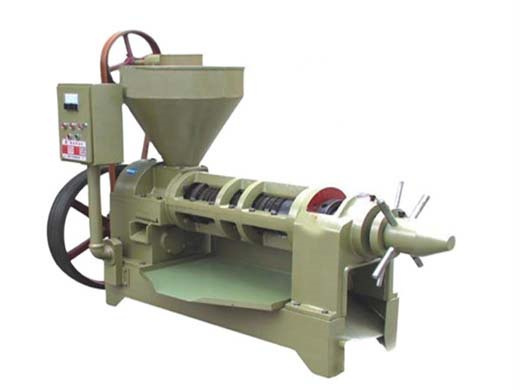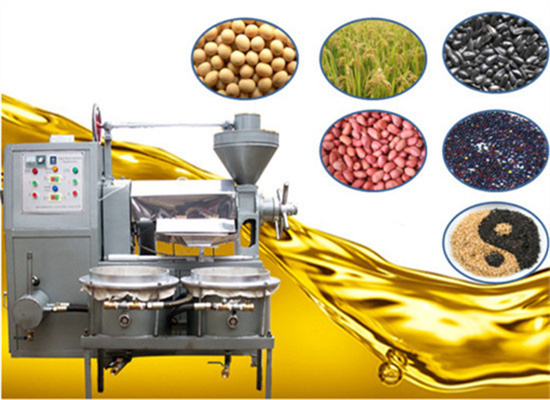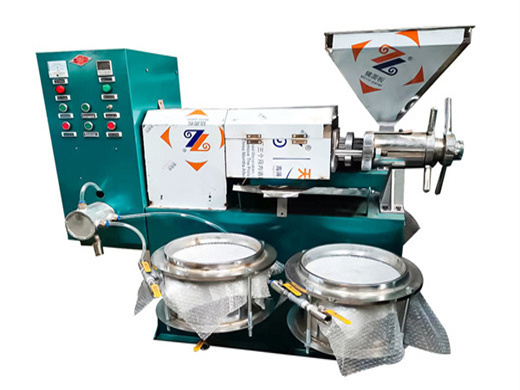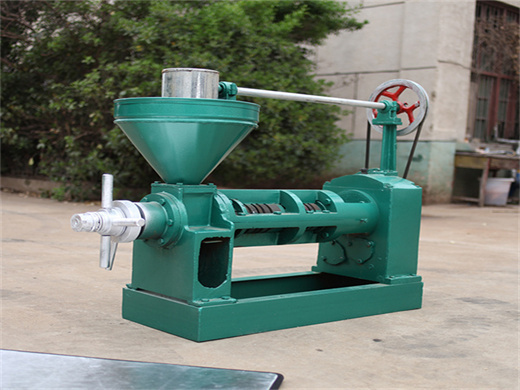cotton seed roast dehull production plant in lusaka
- Usage: Cotton Seed Oil, Cooking Oil
- Type: Cotton Seed Oil Press Machine
- Production Capacity: 10TPD
- Voltage: 220V/380V
- Dimension(L*W*H): 1910*550*765 mm
- Weight: 420 KG
- Core Components: Motor
- Oil type: Cotton Seed Oil
- Type: Cotton Seed Oil Press Machine
- usage rang: Cotton Seed Oil,Cotton Seed oil
- oil rate: oil yield≥98%, cake≤5% , meal residual oil rate≤1%
- price: high quality and factory price
- delivery: 7 days after payment
- material: carbon steel or stainless steel
- after-sales service: provide longlife technical support
- Function: Making Edible Oil
the budgetary allocation in. 2021 to 9 per cent in 2022. 6.8.1 Liv estock sector. Generally, the livestock sector show ed moderate. growth for cattle (1.86 per cent), sheep (5.3 percent) and goats
After harvesting, preparation of seed cotton for ginning by immediate drying below 12% moisture content separates lint of good staple length and strength without affecting the seed coat. Cotton seed is further subjected to drying up to 8% moisture content and processing (Usberti et al. 2006 ).
Zambia Seed Company Limited (Zamseed) - GOODSEED PURESEED ZAMSEED
- Usage: Cotton Seed oil processing plants
Production Capacity: 80kg/h, 500kg/h, 100kg/h - Voltage: 220V/380V/440V
- Power(W): 22kw
- Dimension(L*W*H): 48m*12M*15M(30TPD)
- Weight: 30tons
- Certification: ISO CE
- Name: Cotton Seed oil processing plants
- Product name: Cotton Seed oil processing plants
- Advantage: 40 years experience
- Technology: new design
- Application: Oil Production Line
- Production period: 45 days
- Installation period: 60 days
- Supplier Type: manufacturer
- Technology support: lifetime
Zambia Seed Company Limited is the oldest seed company in Zambia, and was established in 1980 to produce quality certified seed of various agricultural crops for the Zambian farmer. With fourty years of experience backed by focused research and development, Zamseed is well positioned to meet the growing expectations of the farmers in Zambia
According to the World Atlas, Zambia has experienced impressive growth in poultry meat consumption over the years, with production of poultry meat increasing from 13,984 tonnes in 1984 to 49,487 tonnes in 2018, growing at an average annual rate of 4%. Annual chicken production has increased from 13 million to 43 million in 2018, reported the
Seed Production, Harvesting, and Ginning of Cotton - Cotton
- Usage: Cotton Seed Oil, Cooking Oil
- Type: Cotton Seed Oil Extraction Machine
- Production Capacity: 5TPD-100TPD
- Voltage: 380V/50HZ
- Dimension(L*W*H): 2600*1300*2300mm
- Weight: 300 KG
- Core Components: Motor
- Oil type: Cotton Seed Oil
- Quality: Cotton Seed oil extraction machine
- Item: Large Capacity Industrial Oil Press
- Operation: easy to learn
- Princple: solvent extraction
- Raw material: Cotton Seed
- Oil rate: meal residual: ≤ 1%, press cpress cake residual: ≤ 6%
- Materials: carbon steel & stainless steel
- scale: mini, small, large scale
- capacity: 30t/d, 40t/d, 50t/d, 60t/d, 70t/d, 80t/d, 100t/d
Summary. The chapter describes the systematic cotton seed production approach developed and adopted by most of the cotton growing countries, manual and mechanical cotton harvesting practices and ginning technologies employed worldwide to convert cotton into a saleable commodity. The advantages and disadvantages associated with each harvesting
Lusaka - Zambia: By BENEDICT TEMBO Lusaka Times Keeping you Informed. 0. Sunday, March 24, 2024. 0. My account. Get into your account. ... On the poor quality of cotton seed and low production, Dr
ICAC COTTON DATA BOOK 2022
- Usage: Cotton Seed Oil
Production Capacity: 10-100TPH - Voltage: 220V/380V/440V
- Power(W): 10-50kw
- Dimension(L*W*H): 1200*400*900mm3
- Weight: According to Cotton Seed oil processing capacity
- Certification: ISO9001/CE/BV
- Keywords: machine for Cotton Seed oil
- , long term technical support
- Plam kernerl oil press machine: Available
- Raw material: Cotton Seed Seed
- Factory Area: According to the capacity and the actual situation
- Residual: Less than 2%
- Technology: Introduce Malaysia high technology
- Material: Parts of are stainless steel
- Product name: machine for Cotton Seed oil
Figure-14 Pesticide use (volume a.i) in cotton production 2020 26 Figure-15 Insecticide use (volume a.i) in cotton production 2020 27 Figure-16 Herbicide use (volume a.i) in cotton production 2020 28 Figure-17 Fungicide use (volume a.i) in cotton production 2020 29 Figure-18 Plant Growth Regulators Use in Cotton Tonnes2020 30
Cotton is mainly processed for fibers in the form of lint. In addition, the cottonseed processing industry generates many other valuable co-products, such as cotton seed hulls (22%), linters (7%), edible oil (16%), and cottonseed meal (50%) . Cotton seed hulls (CSH) are the outer covering layer of cottonseeds produced during processing of
Edible cotton breakthrough may help feed the world | New
- Usage: Cotton Seed Oil, Cotton Seed EDIBLE OIL
- Production Capacity: 20tpd--100%
- Voltage: 380v
- Dimension(L*W*H): 3600*3000*3000mm
- Weight: 2800 KG
- Core Components: Motor, Pressure vessel, Pump, PLC, Other, Gear, Bearing, Engine, Gearbox
- Oil type: Cotton Seed Oil
- Function: Making Edible Oil
- Certification: ISO9001
- Application: Edible Oil Production
- Advantage: High Oil Output
- Material: Stainess Steel
- Capacity: 600kg/h
- Quality: Top Level
- Color: Silver
- After-sales Service: Online Service
- Feature: High Efficiency Low Cost
The net result is that the production of gossypol in the modified cottonseeds is interrupted. ... Rathore says the kernel of the non-toxic cotton seed can be roasted and salted and has a “nutty
The dehulling efficiency D ef is the amount of cotyledons obtained from the roasted seeds after removing the seed coat. The ratio of cotyledon in a roasted seed is defined as R c o t y = w c o t y / w s e e d where w c o t y is the weight of the cotyledon and w s e e d the total weight of the seed (including the seed coat). This ratio has been
- What are the co-products of cottonseed processing?
- In addition, the cottonseed processing industry generates many other valuable co-products, such as cotton seed hulls (22%), linters (7%), edible oil (16%), and cottonseed meal (50%) [ 15 ]. Cotton seed hulls (CSH) are the outer covering layer of cottonseeds produced during processing of cottonseeds for oil extraction.
- Does cotton seed hull support xylanase production in Bacillus pumilus and licheniformis?
- Efficiency of different concentration (%) of cotton seed hull as a carbon substrate to support the xylanase production in Bacillus pumilus and Bacillus licheniformis. Values are mean ± standard error (SE) of 3 replications and different letters differ significantly at p < 0.05
- Can cotton seed hulls produce thermostable and alkaliphilic xylanase?
- Herein, the potential of cotton seed hulls (CSH) as prospective feedstock for producing thermostable and alkaliphilic xylanase by Bacillus pumilus and Bacillus licheniformis during submerged fermentation was demonstrated.
- Can cotton seed hulls be used as a feedstock for xylanase production?
- Dukare, A., Sharma, K., Nadanathangam, V. et al. Valorization of Cotton Seed Hulls as a Potential Feedstock for the Production of Thermostable and Alkali-Tolerant Bacterial Xylanase. Bioenerg.
